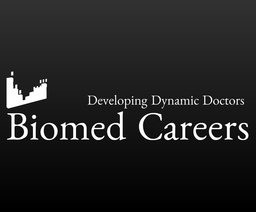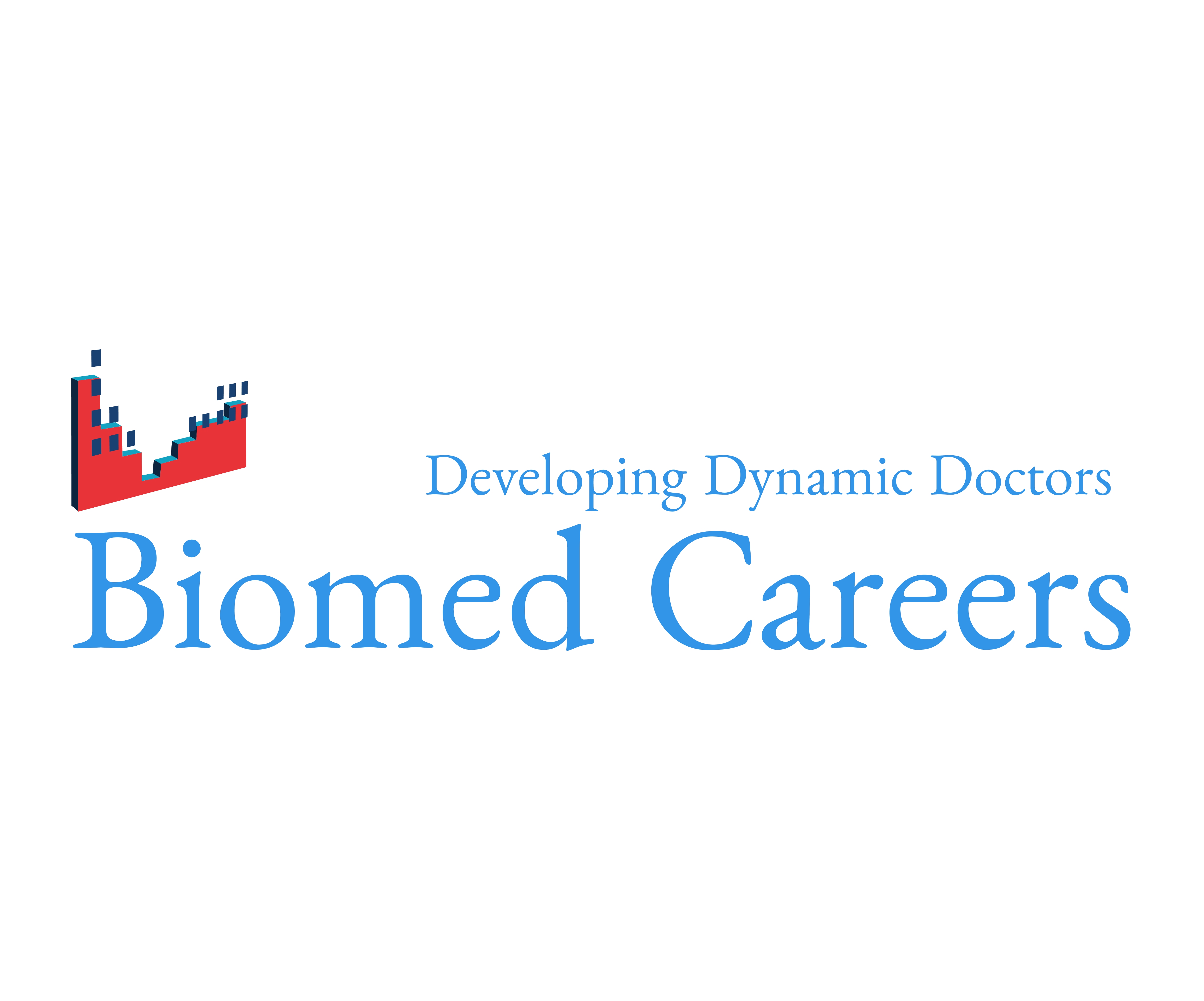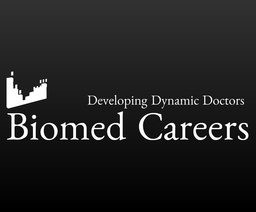
Benefits of Biomedical Science Societies
We are celebrating National Postdoc Appreciation Week with connecting in Biomedical Science. Subcribe to receive our free Biomed Career CV essentials here. We are offering this in celebration of National Postdoc Appreciation Week through the National Postdoc Association.
Societies have lots of benefits. First, you can network with colleagues with common interests. Not only can you network but you can network with a range of purposeful professionals. These are people you meet that you may be able to help and who can help you on different levels. On level are sponsors. Sponsors help mobilize and encourage your career. They may recommend you for a position, support you will letters of reference, and let you know what you need to be doing for lateral or vertical career transitions.
Coaches help inspire you and serve as a source of feedback on various issues. Mentors are more of what you have in the workplace there the relation is dynamic and you learn from each other. This may be more of a collaborator where you want to use their technique and they want to use your model. Societies and associations are a great place to meet more of these people and too meet people in places where you are interested in joining professionally. In building relationships, this helps on the job search, especially in academia. You may be a stronger candidate if you and the person making the hiring decision are both members of the same or similar association or society.
Each of our courses has associated groups to join to help enhance your career portfolio. See our course offereings here. Our courses are alternative career prep courses. The prep involves six areas you need to change, build, or add to get noticed by recruiters and enter into careers outside the bench. We recognize that scientific training is critical for a number of careers from forensic science which often uses a genetic background to science policy that incorporates all backgounds of training. In fact Science policy has jobs per career speciality. Our courses step through six processes to change your CV in productive ways to get you ready for interviews and add new experiences to learn the language of the field. Our courses can be accessed 24/7. We try to work with your research schedule for this necessary part of your biomedical training. Take a class today or schedule a personalized career development session.
Professional Memberships in Science Societies
Membership in societies and associations puts you on lists for first-hand information regarding grants, courses, and fellowships. Being on the list gets you in before courses fill up and gives you an opportunity to apply first. There are many membership organizations. You should be familiar with your area of research as your PI should be attending yearly. Some societies you may need a member’s membership number or signature to sign up. Look up members on the site and see if there are any at your institution, then ask them for their membership number or signature. Your PI or other PIs in the department are likely to support your membership application. This is also a good opportunity to gain a mentor. The person you ask may be a good mentor for you and you can send them updates and ask them critical questions.
Societies for Biomedical Scientists
Societies encourage scholarship. Scholarship is sharing your discover nationally and publicly. This means writing papers and getting them published. This also means presenting work at national meetings. Many memberships have their own publications that members can submit to. When submitting your articles, it helps to be a member. Most organizations ask if you are a member during the submission process.
Interest Groups for Biomedical Scientists
Interest groups are another source of communication. At Biomed Careers we are starting weekly career groups based our courses of interests for the month. See how to sign up here. For September we are focusing on science to business careers. This is a good opportunity to network, get information, and see who is hiring. Biomed Careers Career interest groups changes monthly depending on the career focus of the month. We are excited about this initiative because trainees and those interested in alternative can communicate nationally, not just in one institution, so participants get to see and learn of national opprtunities.
Research Groups for Biomedical Scientists
Research groups exists. Research groups are specialized and grouped according to the research focus. NIH has a great source of interests groups by research subject. The scientific interest groups by NIH range from bioinformatics to virology. This seems to be a good group for experimental questions as well as publishing questions. Job opportunities and fellowships often come thru in the list serve emails. Join a research interest group to help troubleshoot technical and analysis questions about your reserach projects. Join them just too see how other researchers in your field manage similar experiments and projects. Joing NIH interest groups also gets you alerts to jobs and mentors that may interest you in building your biomedical career.
Below is a list of groups, societies, and networks to tap into to enhance your Biomedical career training. Join then and get your questions and concerns addressed. Check them out today.
NIH Interest Groups
American Society for Biochemistry and Molecular Biology
American Society for Cell Biology
American Society for Microbiology
American Society for Pharmacology and Experimental Therapeutics
American Society for Human Genetics
Genetics Society of America
Human Anatomy and Physiology Society
National Association of Biology Teachers
Society for Developmental Biology
Society of Toxicology
American Association of Immunologists
American Cancer Society
American Society of Rheumatologists
We have more industry specific societies in each of our courses.
National Research Mentoring Network


